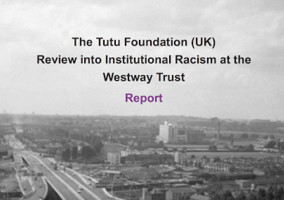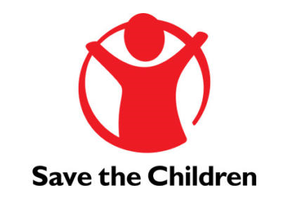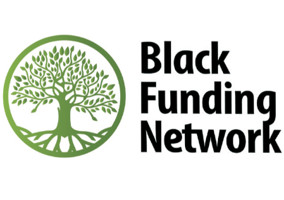The Runnymede Trust has said it is "disheartened" and that its CEOs comments had been "misrepresented", after Conservative MPs criticised the charity.
Halima Begum, chief executive of the race equality charity Runnymede Trust, had told The Guardian of concerns that the government sought to divisively prioritise the white working class at the expense of ethnic minorities.
Last week in Parliament, Tom Randall, Conservative MP for Gedling, quoted from this in House of Commons during Women and Equalities questions.
He said: “Over the Christmas break, I was disappointed to read comments in The Guardian by Halima Begum of the Runnymede Trust, who ridiculously claimed: ‘I think the government’s long-term plan is to work up white nationalism for the next elections’.
“Does my right hon. Friend agree that not only should that insulting thinking have no place in the setting of government policy, but it should have no place in mainstream discourse?”
Elizabeth Truss, minister for women and equalities, agreed and said: “These comments are appalling. They reflect an attitude on the left of politics that says, 'If you’re not from an oppressed group, you’re not entitled to an opinion', and I think that is fundamentally wrong.
“I believe that equality is for everyone, and I am not going to let this debate be dominated by a few campaign groups.”
Begum responded in a Twitter thread, claiming the MPs misrepresented the point of her Guardian interview.
1/4 Today I was attacked in Parliament by #LizTruss. Tho she can read a script, she misrepresents the point of my Guardian interview. Specifically, I argue that this Gov is intentionally driving a wedge between White working class & BAME working class. It's classic #DivideAndRule pic.twitter.com/82m9reujLF
— Dr Halima Begum (@Halima_Begum) January 13, 2021
In her interview, Begum had said: “I think the government’s long-term plan is to work up white nationalism for the next elections.”
She added: “What we should be saying is that working-class black and white communities have been left behind because they’ve seen industries demolished in the north of this country. We haven’t seen the economies built back, we haven’t seen investment in our education system for years so that our black, white and Asian working-class children will thrive.
“What I see instead is the Conservatives pushing through [a narrative of] a white working-class that’s been left behind, which by the way is where Trump was at about six years ago.”
In a statement posted on Twitter Runnymede Trust also said: “The Runnymede Trust were disheartened to see our CEO Halima Begum’s interview in the Guardian misrepresented by Conservative MPs in Women and Equalities questions in the House of Commons yesterday. Halima’s interview came shortly after the minister for women and equalities’ speech at the Centre for Policy Studies in which Ms Trust hit out at a perceived focus on ‘fashionable’ issues of race and gender.
“As one of the leading race equality organisations in the UK, we called on the government neither to diminish the very real evidence of racism, hate crimes and discrimination in society, nor dismiss any focus on these issues as ‘fashionable’. We believe that to do so belittles the daily realities faced by BME groups in this country.”
The charity added that it would continue to hold people to account and “speak out against rhetoric that dismisses the existence of structural racism in our society and instead attempts to pit white working-class people against black and brown working-class people”.
It also urged ministers to engage with its work, and said: “It should not be unreasonable in a mature democracy to expect that members of parliament take note of the evidence that we have published on racial inequality in our society over the past five decades before they dismiss our work.”
THREAD 📝 Our statement on the comments made about the Runnymede Trust in the House of Commons yesterday... 🚨
— Runnymede Trust (@RunnymedeTrust) January 14, 2021
This comes after the Sheila McKechnie Foundation found in its annual survey of campaigners that nearly two-thirds thought politicians were becoming increasingly negative and less tolerant towards charities which actively fight for social justice.











